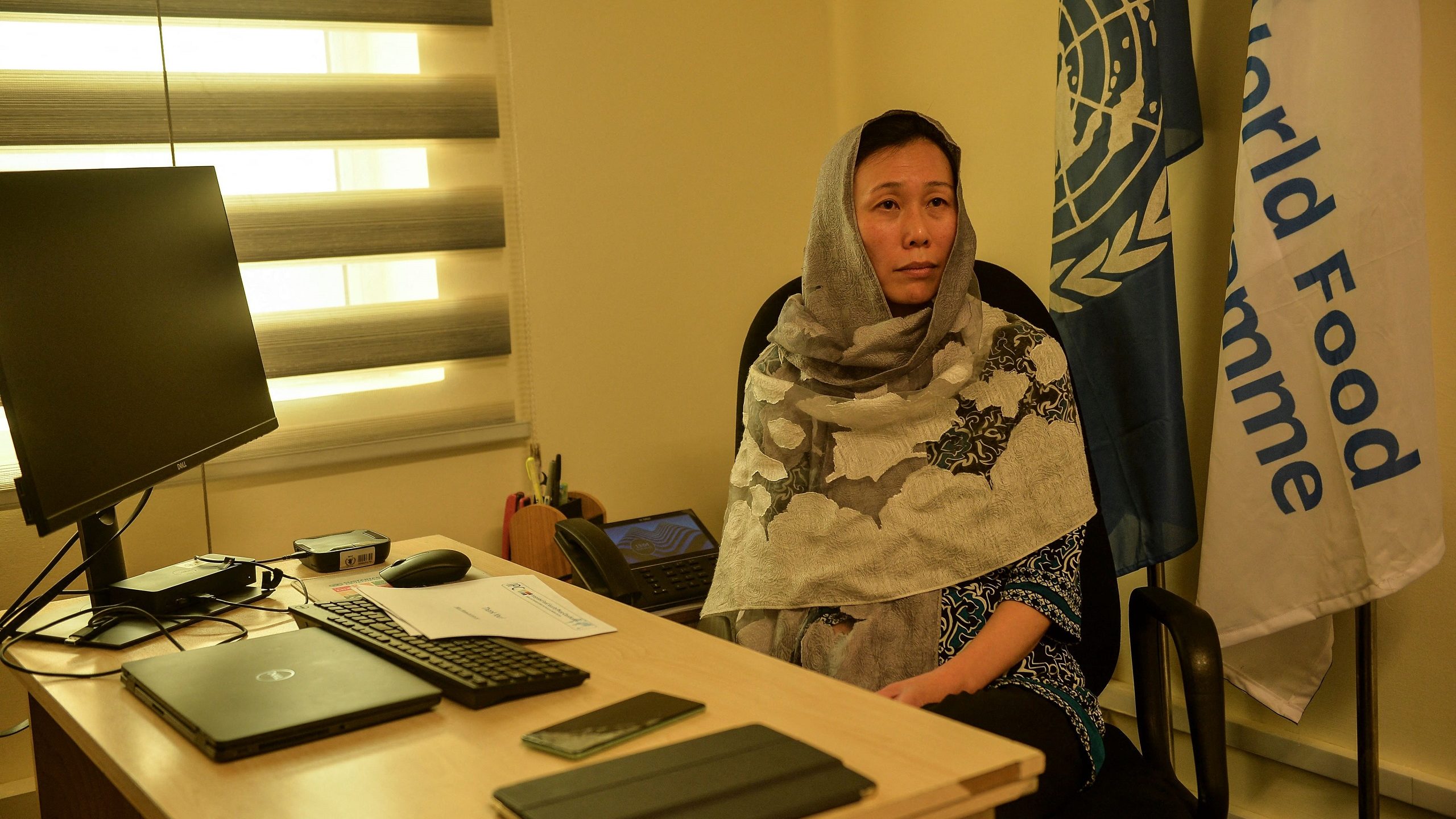UN Stops Critical Programs in Afghanistan Due to Ban on Female Aid Workers
The UN said on Wednesday that it was forced to stop some of its “time-critical” programs in Afghanistan and would likely need to halt many other activities, at least temporarily, due to the Taliban government’s ban on female aid workers. A joint statement by UN aid chief Martin Griffiths, the heads of UN agencies, and several aid groups said that women’s “participation in aid delivery is not negotiable and must continue,” demanding that the authorities reverse their decision. “Banning women from humanitarian work has immediate life-threatening consequences for all Afghans. Already, some time-critical programs have had to stop temporarily due to lack of female staff,” they said.
The UN statement said the ban on female aid workers “comes at a time when more than 28 million people in Afghanistan … require assistance to survive as the country grapples with the risk of famine conditions, economic decline, entrenched poverty, and a brutal winter.”
Among the signatories to the statement were the heads of UNICEF, the World Food Program, the World Health Organization, the UN Development Program, the UN high commissioners for refugees and human rights, and aid groups such as World Vision International, CARE International, Save the Children US, Mercy Corps, and InterAction.
In a separate statement, the foreign ministers of 12 countries and the EU called on the Taliban to reverse the ban on female aid workers and allow women and girls to return to school. The 12 countries include Australia, Canada, Denmark, France, Germany, Italy, Japan, the Netherlands, Norway, Switzerland, the United Kingdom, and the United States. The ban on female aid workers “puts at risk millions of Afghans who depend on humanitarian assistance for their survival,” the statement said.
Since the Taliban’s return to power in Afghanistan in September 2021, there has been a significant curtailment of women’s rights. Women have been denied access to education, employment, and basic health care, and have been subjected to harsh laws and cultural practices that discriminate against them.


